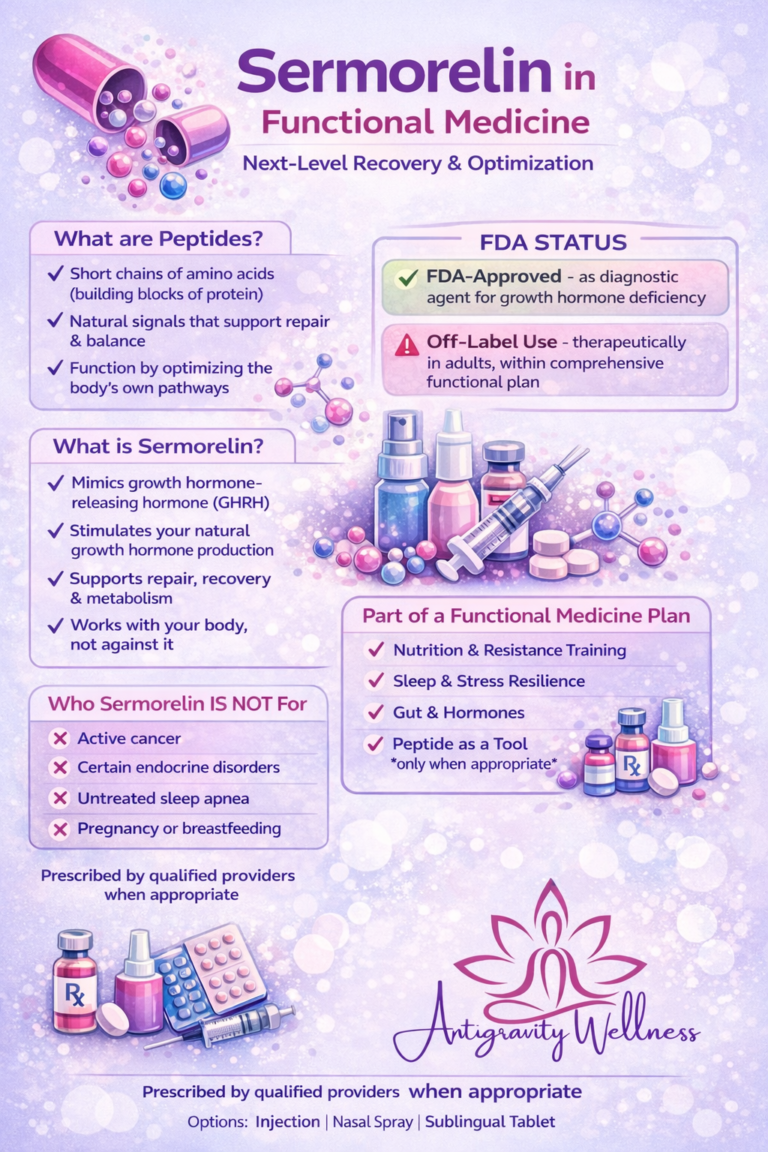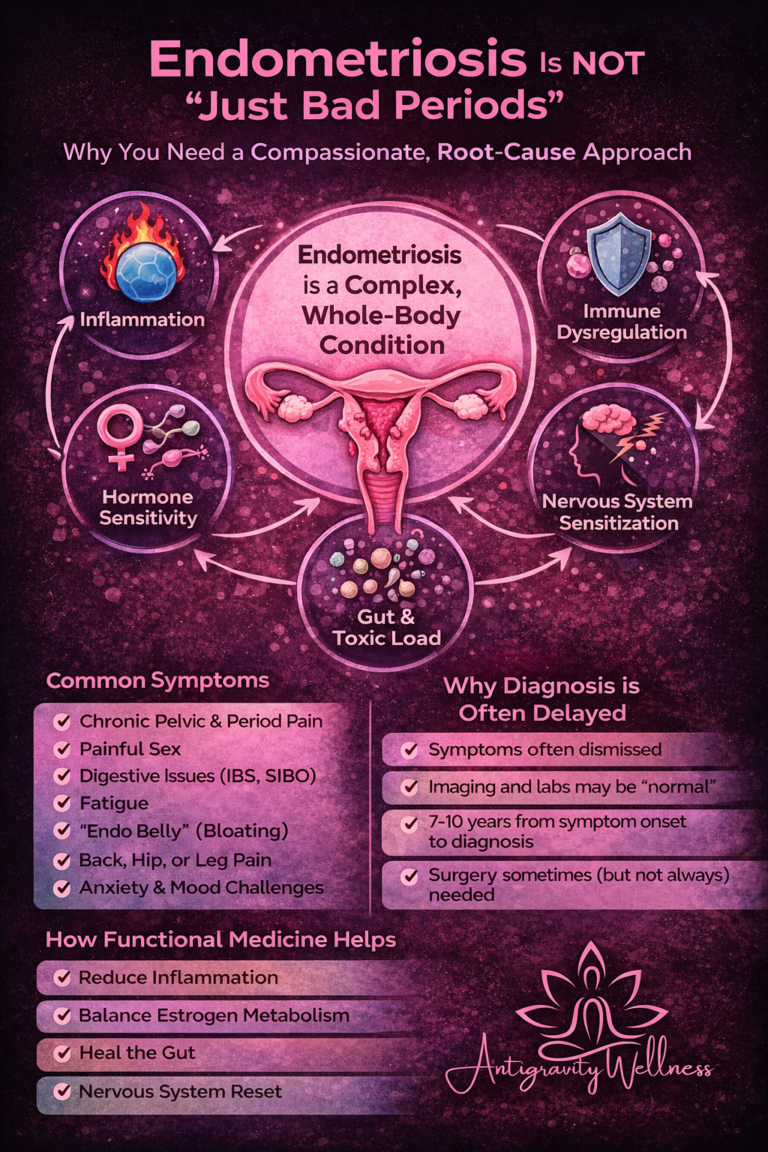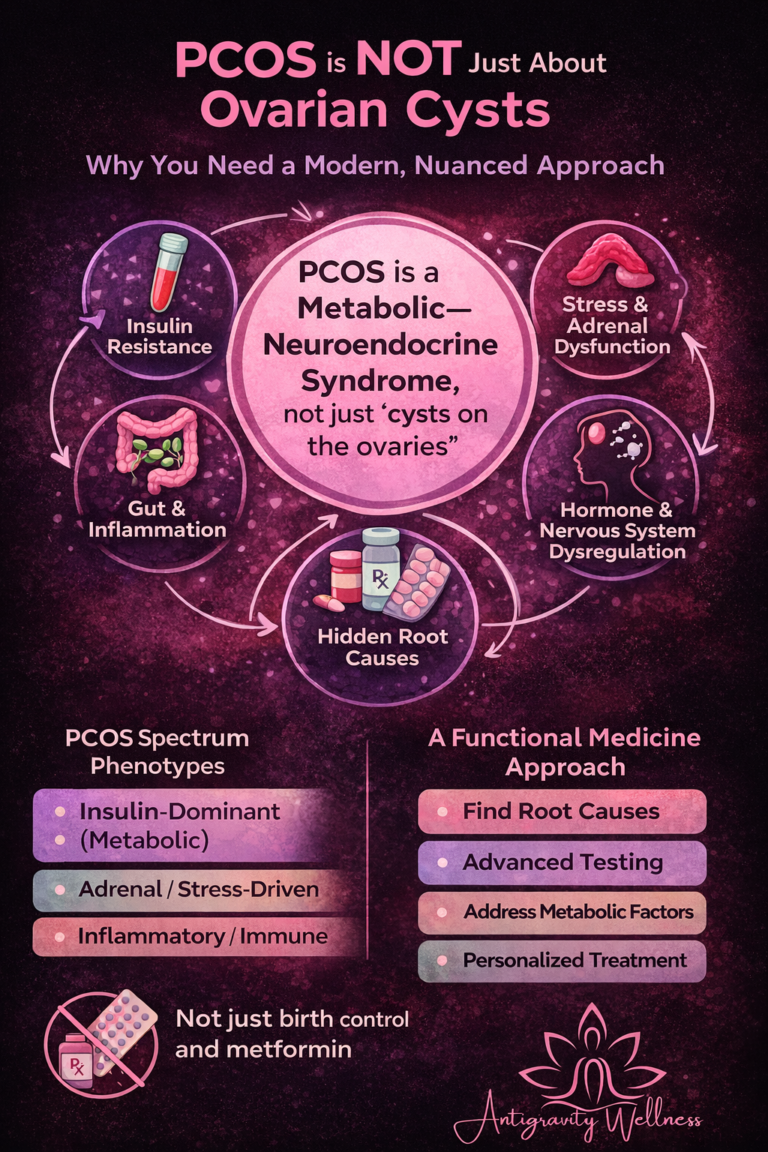
Progesterone is an essential hormone that plays a critical role in the body, particularly for women during their reproductive years and beyond. Whether you are navigating the perimenopausal transition or already postmenopausal, understanding progesterone and its impact on your health is key to achieving hormonal balance.
—
What is Progesterone?
Progesterone is a steroid hormone primarily produced by the ovaries during the second half of the menstrual cycle (the luteal phase). It is also made in smaller amounts by the adrenal glands and, during pregnancy, by the placenta. Progesterone plays a crucial role in regulating the menstrual cycle, supporting pregnancy, and maintaining overall hormonal balance.
—
How Progesterone Works in the Body
Progesterone affects multiple systems in the body, including:
1. Reproductive System
Prepares the uterus for implantation of a fertilized egg.
Regulates the menstrual cycle and supports early pregnancy.
2. Nervous System
Acts as a calming agent for the brain, often referred to as having “neuroprotective” effects.
Supports sleep and helps regulate mood.
3. Endocrine System
Balances estrogen levels to prevent estrogen dominance.
4. Bone and Cardiovascular Health
Plays a role in bone density and cardiovascular protection.
—
Symptoms of Low Progesterone
Low progesterone levels can occur during perimenopause as ovarian function begins to decline. Symptoms include:
Irregular or heavy periods
Mood swings, anxiety, or depression
Insomnia or poor-quality sleep
Fatigue
Weight gain, particularly around the abdomen
Breast tenderness
Increased risk of estrogen dominance, leading to symptoms like bloating, headaches, and fibrocystic breasts
—
Symptoms of High Progesterone
While rare, high levels of progesterone can occur and may cause:
Fatigue
Dizziness
Mood changes, such as irritability or low mood
Breast tenderness
—
Progesterone and Sleep
Progesterone has a profound impact on sleep. Known for its calming, sedative-like properties, it interacts with the brain’s GABA receptors to promote relaxation and deeper sleep. Low progesterone, common in perimenopause and menopause, often results in insomnia or disrupted sleep patterns. Women with low progesterone may benefit significantly from tailored progesterone replacement therapy to restore better sleep quality.
—
Treatment Options for Low Progesterone
For women with low progesterone levels, treatments vary depending on the life stage:
Perimenopause
Bioidentical Progesterone: Topical creams, oral capsules, or vaginal suppositories made to mimic the body’s natural progesterone.
Lifestyle Adjustments: Stress management, regular exercise, and a diet rich in magnesium, vitamin B6, and zinc can support progesterone production.
Postmenopause
Progesterone Replacement Therapy: Often paired with estrogen therapy, even for women without a uterus, to enhance sleep, mood, and hormonal balance.
Combination Therapy: For women taking estrogen as part of HRT, progesterone helps balance estrogen and protect overall health.
—
Progesterone and Breast Cancer Risk
The role of progesterone in breast cancer risk is complex. Studies suggest that appropriate dosing and delivery methods, particularly bioidentical progesterone, do not significantly increase breast cancer risk and may even reduce it when balanced with estrogen. However, overuse or improper dosing can carry risks.
This underscores the importance of working with a qualified healthcare provider to evaluate individual health needs, risks, and benefits before starting progesterone therapy.
—
Why Proper Dosing and Evaluation Matter
Progesterone is not a one-size-fits-all solution. A thorough assessment by a provider trained in hormone therapy is essential to ensure that the benefits outweigh the risks for each woman. Factors such as age, medical history, and specific symptoms should guide therapy decisions.
—
Further Reading and Resources
Estrogen Matters by Avrum Bluming and Carol Tavris
Hormone Repair Manual by Lara Briden
Research Articles:
The Role of Progesterone in Breast Cancer Risk
Bioidentical Hormone Therapy and Sleep Improvements
—
Let Antigravity Wellness Support Your Hormonal Health
At Antigravity Wellness, we specialize in helping women navigate hormonal imbalances related to perimenopause and menopause. If you believe low progesterone might be affecting your health, we offer comprehensive telemedicine consultations for women in Washington and Oregon.
You can schedule a brief initial consult to discuss your symptoms and explore how we can help restore balance and vitality to your life.




